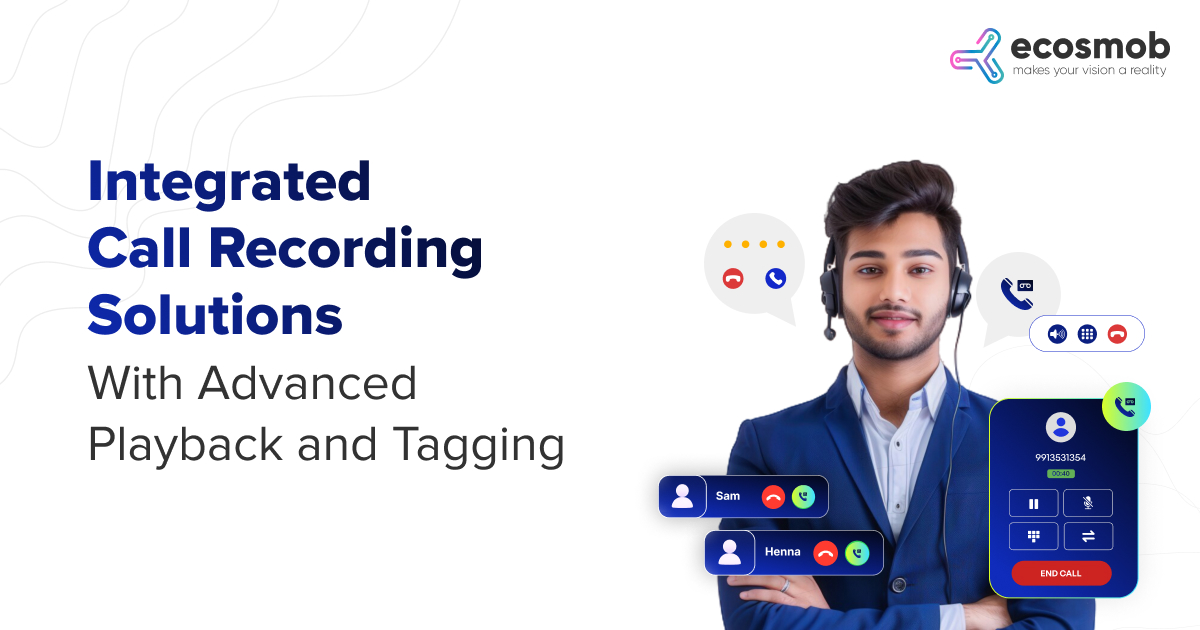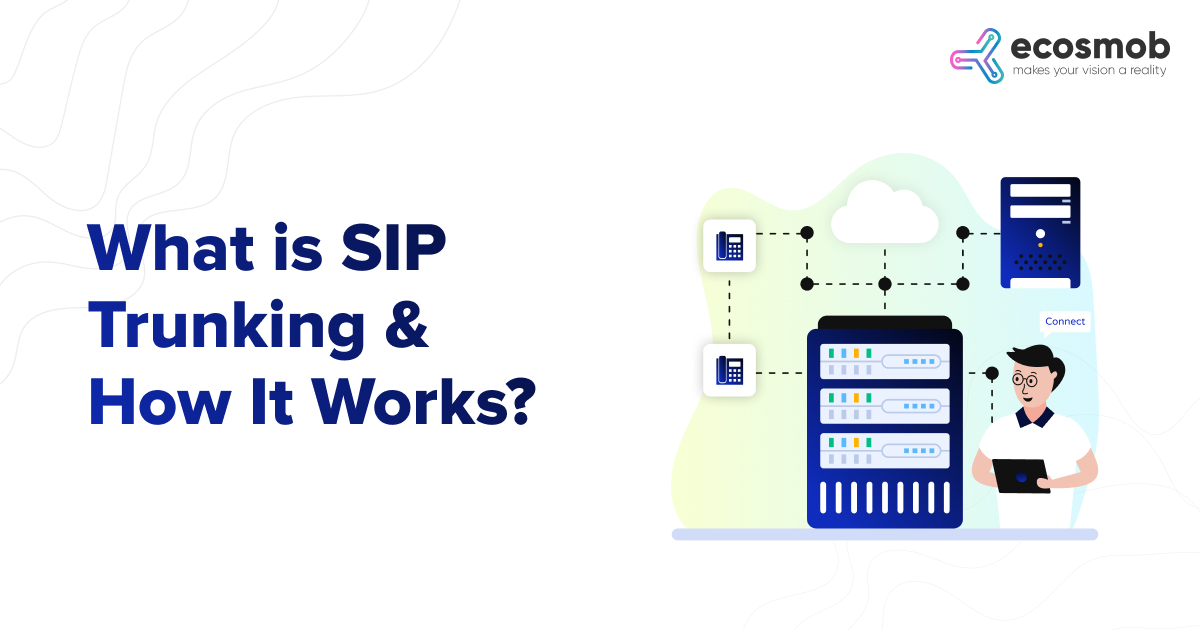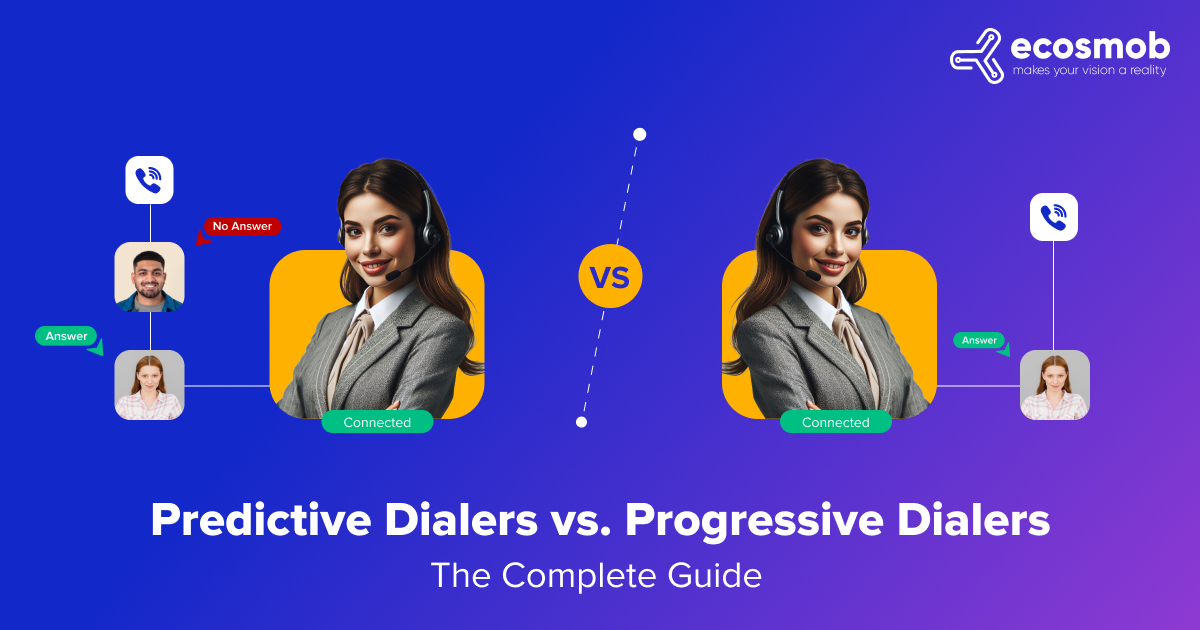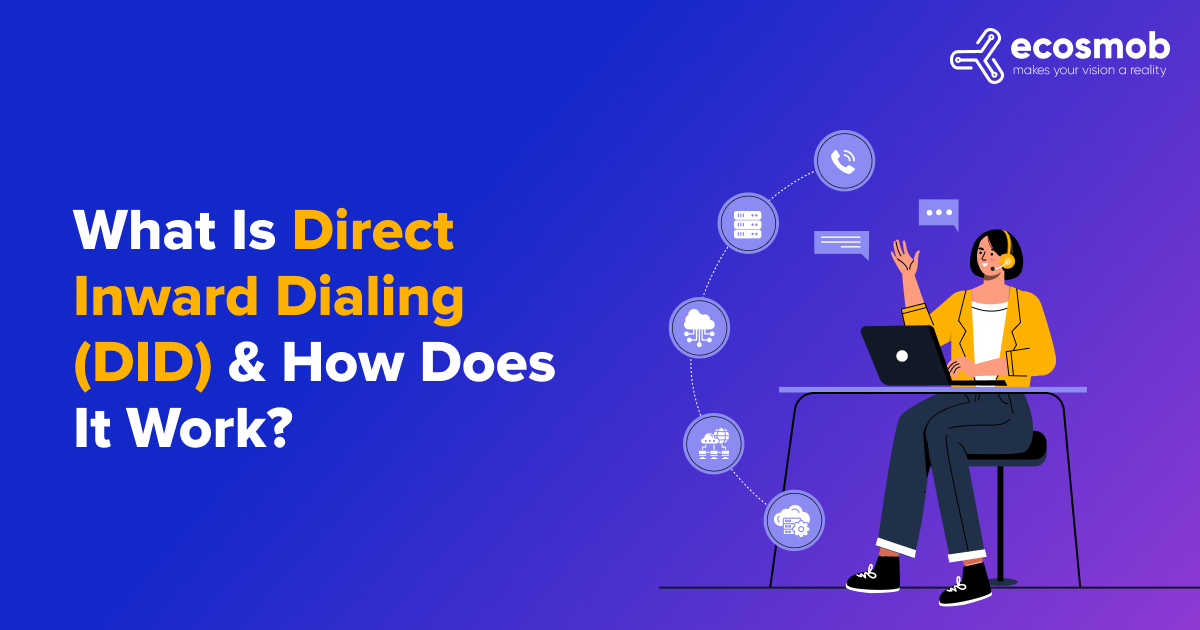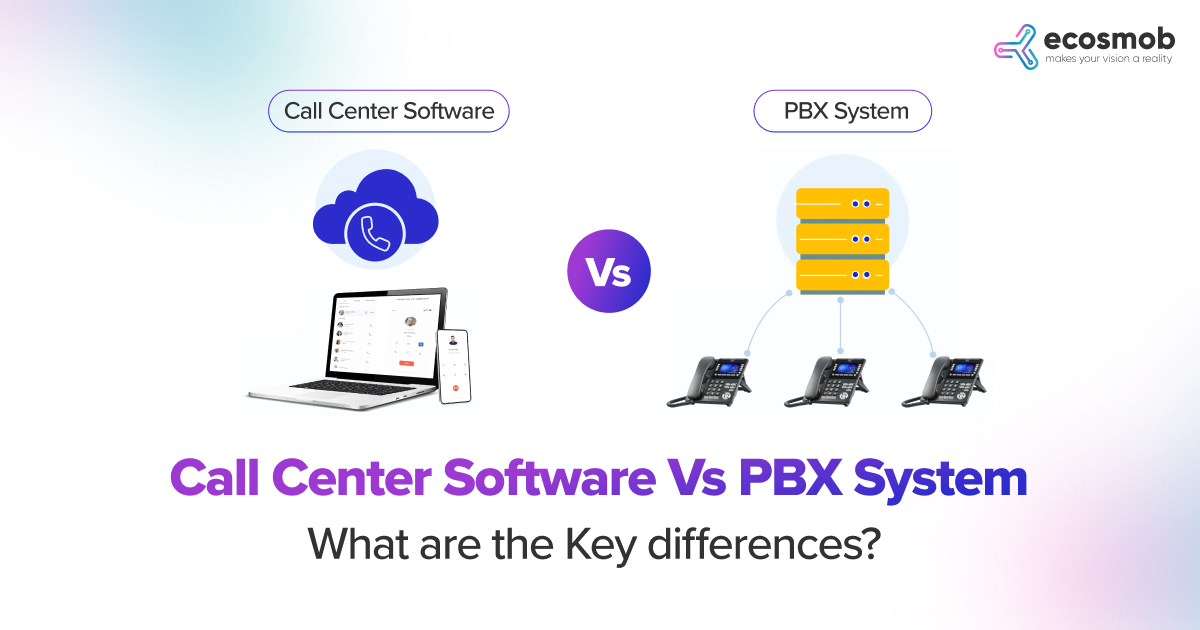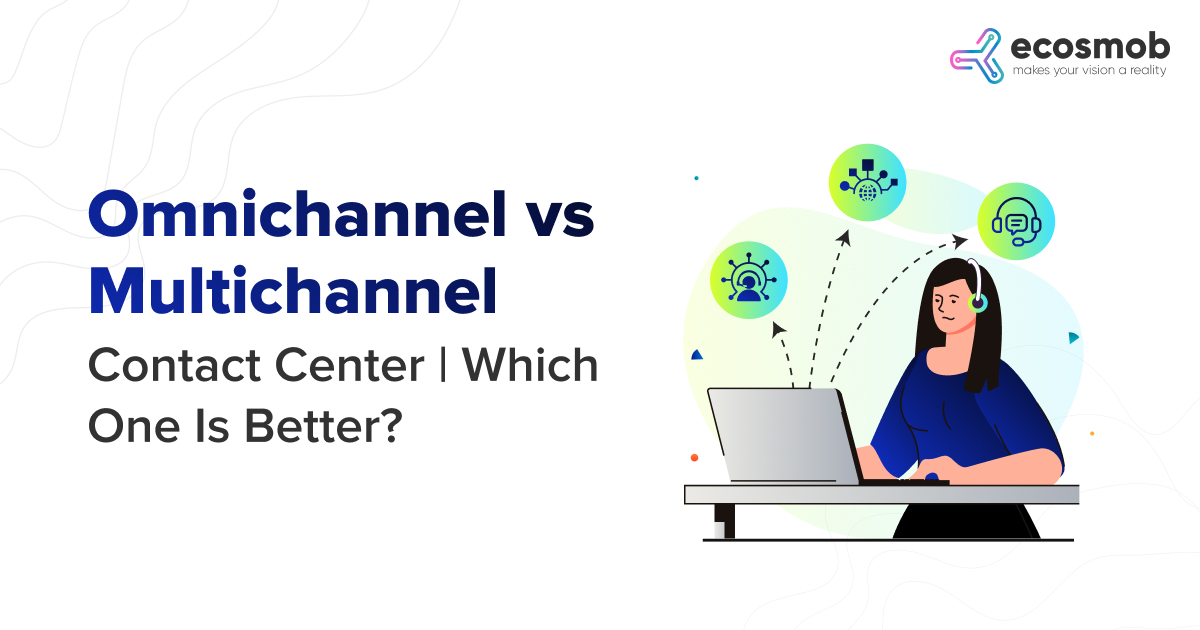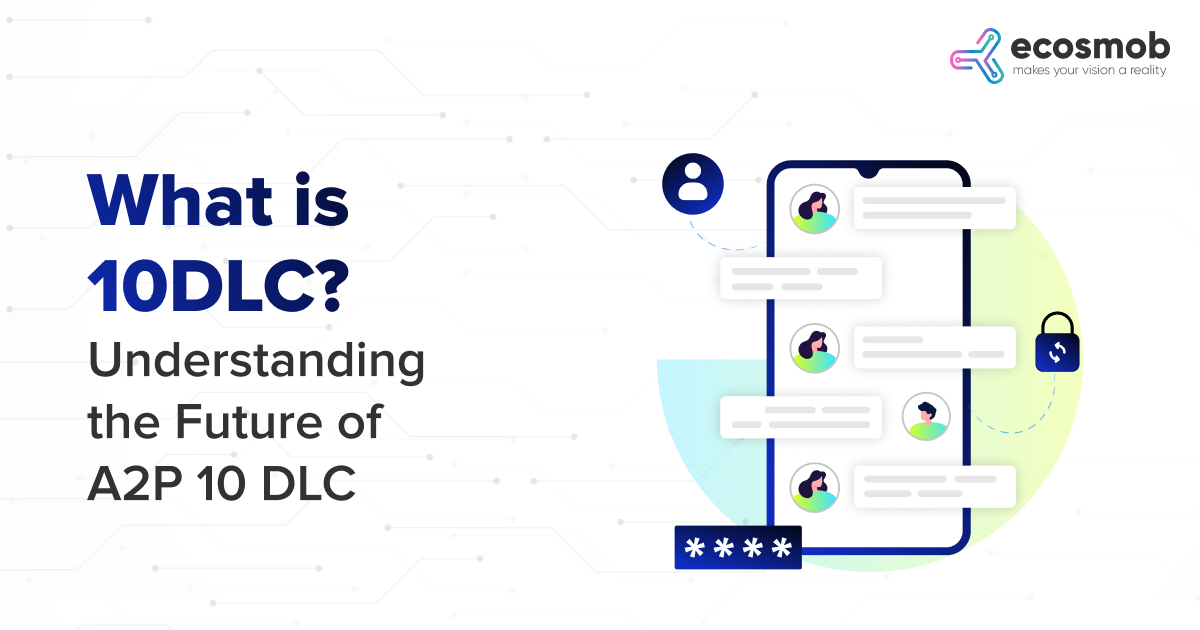Businesses in the digital transformation era always seek new and creative ways to enhance communication and teamwork. Thanks to Unified Communications (UC), which has completely changed the game. Enterprises now integrate many communication tools into one cohesive platform. However, the fact of Unified Communication Solutions is its customizability, especially when customizing the Unified Communications managed API (Application Programming Interface). This blog explores the field of Unified Communications Managed API (UCMA) Customization and how it can help with enterprise-level integration and the creation of custom applications.
Ready to Start Custom Application Development with Our Unified API?
What is Unified Communications Managed API Customization?
Unified Communications managed APIs (UCMA) are the fundamental parts of a UC ecosystem that offer developers the ability to create/modify applications. These allow communication APIs such as Voice API integration, chat, email, video, and other communication features with enterprise systems. API customization opens up possibilities, allowing many businesses to modify their communication systems to suit their needs.
According to the Newswire, the market for services accounted for 66% of the $39 billion unified communications and collaboration (UCC) industry in 2019, with software, platform, and endpoint sales continuing to fall steadily. According to the company, hosted and cloud IP telephony and UC services accounted for 39% of global UCC services revenue in 2018.
Importance of Customization in Business Communication
Communication requirements in a corporate setting are specific. A one-size-fits-all strategy frequently fails to accommodate the particular needs of various departments or business procedures. We at Ecosmob leverage the opportunity to enable businesses that precisely match their operational routines, increasing productivity and efficiency.
Advantages of Unified Communication API Customization
Here are some of the benefits of Unified Communication API Customization given below:
Enhanced Teamwork and Productivity
Personalized Unified Communications system APIs can improve teamwork and productivity by streamlining communication with Unified Communication system procedures. For example, by combining UC with CRM systems, sales teams can get real-time customer data during calls.
Scalability and Flexibility
Businesses need to be constrained by the features of off-the-shelf solutions to scale their communication tools to their expanding needs. As required, the freedom to add or change functionality is provided via cloud communications APIs.
Better User Experience
A user-centric design is made possible by customization guarantees and the communication tools fit the user’s workflow and preferences. In addition, it improves adoption and satisfaction.
Cost-Effectiveness
Organizations can maximize their IT investments and minimize the costs associated with standalone communication solutions by integrating UC with their current enterprise systems.
Enhanced Security and Compliance
By allowing companies to implement their security policies and compliance rules, cloud communications APIs ensure that communication channels are secure and legally compliant.
Enterprise Level Integration: Strategic Requirement
The foundation of any contemporary business’s IT strategy is integration. UCMA Customization and Cloud Communications are unquestionably essential for this aspect since they allow communication tools to communicate with corporate applications. Companies require this connectivity to maximize their IT expenditures, optimize workflows, and enhance digital transformation with Unified Communications and data transfer across several platforms.
Challenges In Customization of Unified Communications Managed API
As we all know, there are some of the significant benefits as well as some of the downsides of customizing cloud communications APIs. Enterprises must adopt an approach that considers these challenges and allocates resources accordingly to successfully customize APIs in this digital world. For Instance,
Enhancing CRM with UC Integration
Consider a Customer Relationship Management (CRM) system integrated with UC capabilities. Sales representatives can send messages or initiate calls directly from the CRM interface, access customer data during interactions, and log communication details automatically. Such integration saves time and offers a more personalized customer experience.
Approach to API Customization
Now, look at some of the most effective techniques for quickly customizing APIs.
Analyze Requirements
Before starting the project, always examine the Enterprise communication workflows.
Assisting IT Departments
Work with the IT teams to ensure a smooth interface with the enterprise systems.
Scalability
Always design scalable cloud communications APIs anticipating future growth and shifting communication needs.
Continuous Testing and Optimization
Regularly test and upgrade bespoke solutions to stay current with evolving business needs and technology breakthroughs.
Custom Applications Development: Surpassing Store-Bought Solutions
Though it has many features, more than pre-made unified communication solutions are needed to satisfy companies’ particular needs. In this case, Java application development company can be beneficial. Enterprises can develop unique applications tailored to their communication requirements.
Example: Create a Unique Video and Call Conferencing APIs Application
A business may need a video and call conferencing API program with customized branding, internal database integration, and particular security measures. Such an application can be created to precisely match these requirements by customizing the API, offering a solution that commercial software cannot.
Embrace the Future with UC APIs
Prospects for API customization appear promising, offering that state-of-the-art technology keeps developing. The automation, intelligence, and awareness of communication systems can significantly increase customer satisfaction and business productivity. UCMA customization and voice communications are revolutionary for businesses enhancing their communication systems. It offers the scalability, adaptability, and customization required to establish a smooth communication ecosystem catered to the particular requirements of a company.
Businesses need a unified communication approach because adopting this strategy leverages enhanced internal communication and a competitive benefit in the marketplace. It’s necessary to remember that improving communication requires constant effort, and using specialized cloud communications APIs is a significant first step. Digital communication will undergo a revolution as Voice APIs and Unified Communications APIs develop further. However, if you are wondering about the best UCaaS companies, the Ecosmob platform provides all the tools your staff members need to be as productive as possible. To begin your free trial, contact an Ecosmob UCaaS specialist right now.
Want to Unleash the Power of Custom Communication with Our API Now?
FAQs
What are the benefits of using the Enterprise Unified Communications API?
Using Unified Communications APIs, businesses can expedite communications processes. It builds an open platform by fusing technology and teamwork. They provide advantages, including scalability, productivity, and interoperability in communication technologies.
In what ways are UCMA Customization APIs customized to fulfill particular business needs?
By customizing Unified Communications managed APIs to specific organizational requirements, programming interfaces enable developers to modify communication functions.
How can I set up a controlled API for Unified Communications?
Get the UcmaRuntimeSetup.exe file. To accept the End-User License Agreement, launch UcmaRuntimeSetup.exe and follow the instructions on the screen (EULA). All required components will be installed via the setup wizard. To finish the installation, adhere to the directions displayed on the screen.
What is necessary to integrate APIs?
Deployment Manager integration is limited to APIs supported by an OpenAPI specification or a Google Discovery description document. Visit the OpenAPI GitHub repository for further instructions on how to write an OpenAPI standard.
What does an endpoint for an API look like?
An endpoint for an API contains the server or service’s URL. Every endpoint is where APIs can get the resources required to do their jobs. APIs use “requests” and “responses” to function. An API will get a response when it makes an information request to a web server or application.






